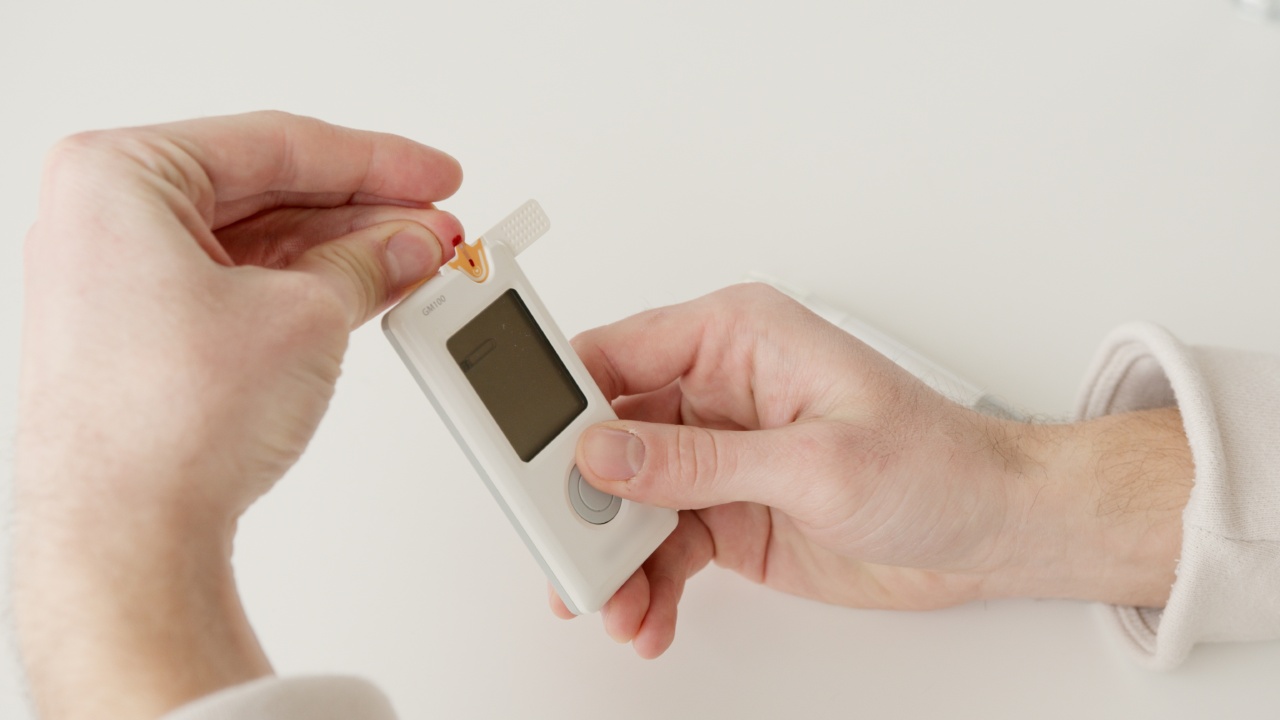Women have unique struggles when it comes to managing their health and well-being. According to The American Autoimmune Related Diseases Association (AARDA), approximately 75 percent of autoimmune disease patients are women.
Chronic illnesses such as lupus, fibromyalgia, and multiple sclerosis are more common in women than in men. As if living with a chronic illness isn’t challenging enough, women with chronic illnesses also experience higher rates of anger and frustration than those without health issues.
In this article, we will explore the connections between women, anger, and chronic illness.
Anger and Chronic Illness
Chronic illnesses can bring physical and emotional pain, fatigue, and stress that can lead to negative emotions such as anger and frustration. Chronic illnesses usually don’t have any cure, which makes the emotional toll even worse.
Feeling like you’re stuck with a disease that has no end in sight can be incredibly frustrating. The AARDA reports that people with autoimmune diseases are three times more likely to develop depression and anxiety. Depression and anger often go hand in hand, creating a cycle that can be hard to break.
Anger is a normal human emotion, but chronic illness can amplify anger and negative emotions, affecting the body and mind over time.
The Role of Stress
Being diagnosed with a chronic illness can be a significant source of ongoing stress.
Chronic stress can increase the risk of another health problem such as obesity, diabetes, high blood pressure, and sleep disturbances, and these conditions can further increase the risk of developing a chronic illness. Studies have shown that stress can also lead to chronic inflammation, which plays an important role in autoimmune diseases. Chronic inflammation can lead to tissue injury and contribute to the development and progression of chronic illnesses.
When it comes to chronic illness, managing stress is critical to preventing flares and keeping symptoms under control.
The Intersection Between Women, Anger, and Chronic Illness
Women have unique experiences when it comes to chronic illness and anger. Research has shown that women may be more likely than men to experience anger and frustration in response to stressors or traumatic events.
Women are also more susceptible to “hidden anger,” an emotion that often goes unexpressed but can lead to physical and emotional damage over time. According to a study published in The Journal of Women’s Health, women with lupus, fibromyalgia, or rheumatoid arthritis reported higher levels of anger and negative emotions than women with chronic pain, anxiety, or depression alone.
This suggests that the diagnosis itself may play a role in the severity of anger among women with chronic illnesses. Women with chronic illnesses may also experience added stress due to managing symptoms while also juggling other responsibilities, such as work and family.
Managing Anger for Women with Chronic Illnesses
Managing anger is essential for people with chronic illnesses and can decrease stress and improve overall health and well-being. One approach to managing anger for women with chronic illnesses is finding a support system.
Joining support groups is a positive way to connect with others experiencing similar problems. Women can share their experiences, express their emotions, and receive support and validation from others. Practicing relaxation and stress-reducing techniques such as meditation, deep breathing, and guided imagery can also help manage anger.
Regular exercise can help release physical and emotional tension, leading to a more relaxed state. Lastly, seeking professional help from a mental health provider is a vital step in managing chronic anger and driving women living with chronic illnesses towards a happier and healthier life.
Conclusion
In conclusion, there are many connections between women, anger, and chronic illness. Chronic illness can amplify anger, stress, and other negative emotions, affecting the body and mind over time.
Women with chronic illnesses may also experience unique stress factors, leading to more significant challenges with anger management. Managing anger is essential for women with chronic illnesses and can decrease stress and improve overall health and well-being.
Seeking professional help, practicing relaxation, seeking support and regular exercise can all play a role in managing anger effectively and positively for women with chronic illnesses.































